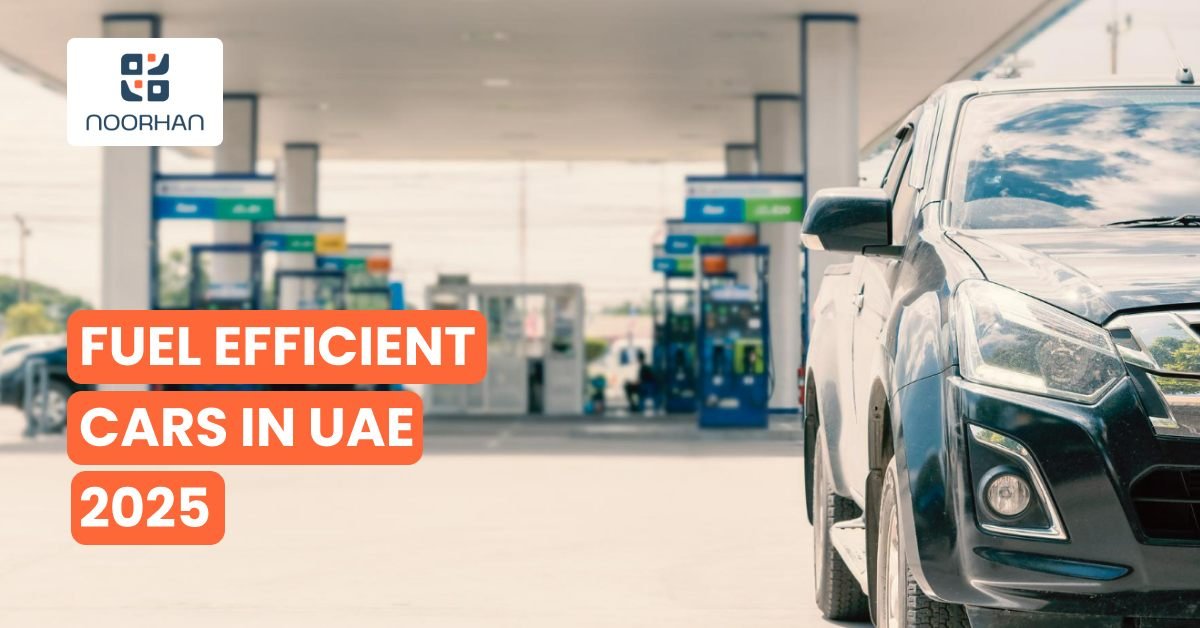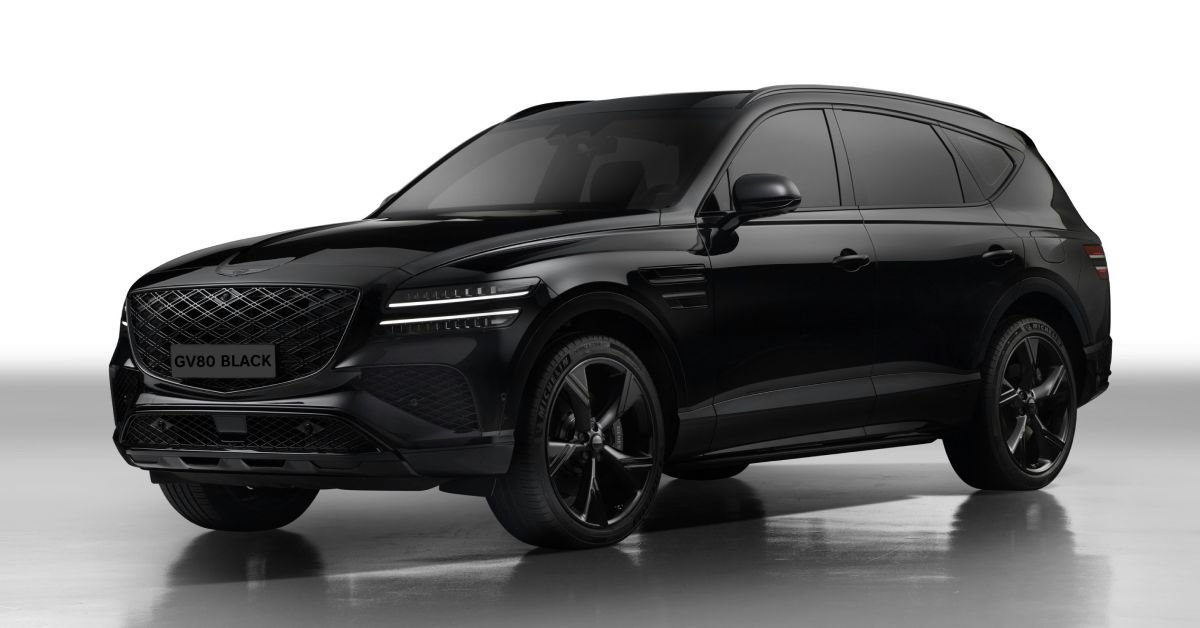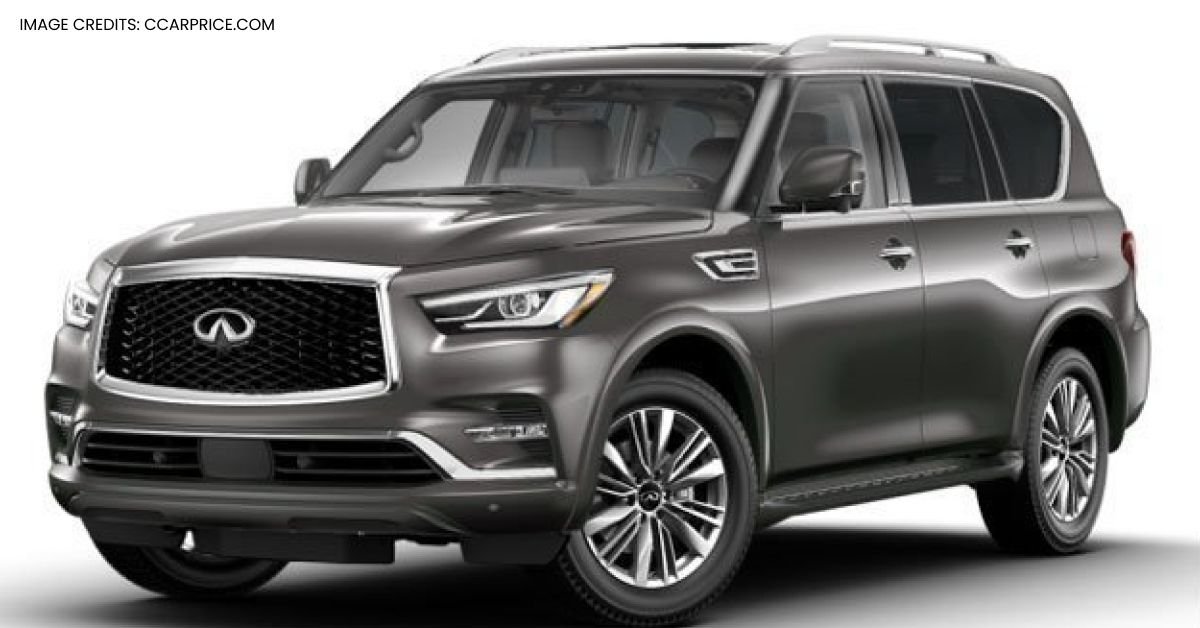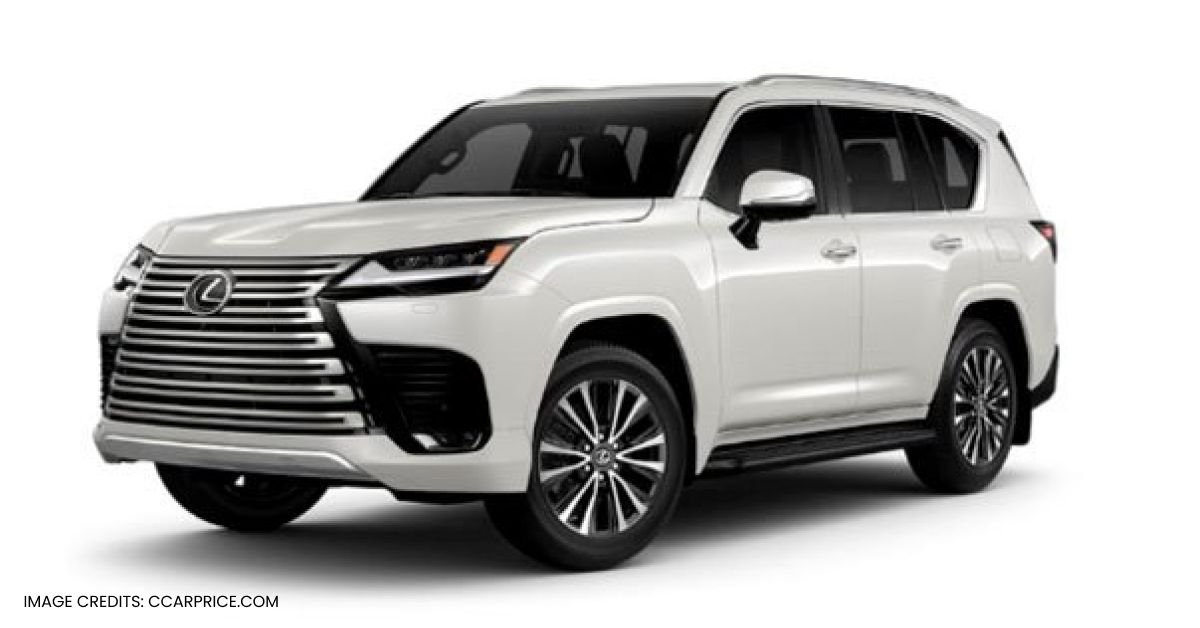-
EVs & UAE HeatEVs & UAE Heat
-
Charging NetworkCharging Network
-
Range Anxiety vs RealityRange Anxiety vs Reality
-
Ownership CostsOwnership Costs
-
Battery Replacement FactsBattery Replacement Facts
-
Performance in UAEPerformance in UAE
-
Charging Time MythsCharging Time Myths
-
Environmental ImpactEnvironmental Impact
-
FAQsFAQs
You know that moment at family gatherings when someone mentions getting an electric car?
Suddenly Uncle Sameer becomes an expert. “Those batteries die in our heat!” Cousin Sara jumps in with “Where will you even charge it?” And don’t get started on the desert breakdown stories.
Here’s the thing though – while everyone’s debating whether electric vehicles work here, over 18,000 drivers in Dubai alone are quietly using them every day. No drama. No problems.
The numbers tell a different story than the WhatsApp forwards. Dubai went from 2,500 registered electric cars in 2020 to more than 18,000 by late 2023. Yet the same old EV myths keep circulating.
These misconceptions aren’t just conversation topics. They’re costing UAE families thousands in unnecessary fuel bills while electric vehicle owners enjoy cheaper running costs and better drives.
Let’s look at what’s really happening on our roads with electric cars in UAE.
Electric Cars Cannot Survive UAE Desert Heat
This electric vehicle myth comes up every single time. People remember their phone dying in a hot car. Or heard about some Nissan Leaf issues in Arizona years back.
But modern electric vehicles? Completely different story.
How Today’s Electric Vehicle Cooling Actually Works in Dubai
Think of your car’s radiator. Electric cars have something similar, but designed specifically for batteries. Coolant runs through the battery pack, keeping temperatures steady even when it’s 50 degrees outside.
There’s a guy at Dubai Airport whose Tesla sits on the tarmac all day. He checks his app – battery never goes above 32 degrees, even in peak summer. His old BMW needed new batteries every two years because of the heat.
Dubai Taxi runs 280 Tesla electric vehicles around the city non-stop. After millions of kilometers, their EV batteries are holding up just fine. These aren’t weekend cars – they’re working hard in stop-and-go traffic every day.
Real Electric Vehicle Battery Performance from UAE Roads
A dentist in Abu Dhabi has driven his Audi e-tron GT for three years. Khalifa City to Corniche daily, plus camping trips to Liwa. After 95,000 kilometers, his electric car battery still holds 91% capacity.
His wife’s regular car? She’s replaced the battery twice in the same period.
The difference is active cooling. Regular car batteries sit next to hot engines. Electric vehicle batteries have their own climate control.
Electric Vehicle Charging Infrastructure UAE Remains Inadequate
People think we’re still in 2019 when EV charging stations were actually hard to find.
The Real Dubai Electric Car Charging Network Today
Dubai has 370 public EV charging stations now. DEWA adds more electric vehicle charging points every month. Abu Dhabi has 225 through ADNOC and others. Even Sharjah offers 85 electric car charging points.
Most Dubai residents live within 3 kilometers of at least two electric vehicle charging locations.
Shopping malls figured this out early. Electric car drivers stay longer and spend more. Dubai Mall has 38 EV charging points. Mall of the Emirates gives you two hours free charging with validation. City Walk, La Mer, JBR – they all have multiple electric vehicle chargers.
A real estate agent covering Marina to Arabian Ranches never plans around electric car charging. She plugs in during client meetings. Most business centers and residential complexes she visits have EV chargers for visitors.
Home Electric Vehicle Charging Solves Most Daily Needs in UAE
Here’s what the electric car charging discussion misses: Most EV charging happens at home overnight. Like charging your phone.
Villa owners install a wallbox for about AED 3,500. Then pay around AED 20 to fully charge their electric vehicle using DEWA’s cheap off-peak rates.
Apartment dwellers are finding electric car charging solutions too. Buildings in JVC, Dubai Hills, and Town Square install shared EV charging stations. Residents book slots through apps, pay the building for electricity used.
A teacher in The Greens shares four electric vehicle chargers among 12 EV owners in her building. Two weekly slots, AED 50 monthly for all her charging needs.
Electric Car Range Anxiety Versus Actual UAE Driving
Fear of getting stranded stops people from considering electric vehicles. They imagine being stuck between emirates or missing important meetings.
The actual electric car usage data tells a different story.
Daily Electric Vehicle Driving Reality in UAE
RTA studies show Dubai residents average 52 kilometers daily. Even with weekend trips, most UAE drivers cover less than 400 kilometers weekly.
Modern electric cars go 350 to 550 kilometers per charge. That’s a massive buffer for unexpected detours.
A financial consultant in Arabian Ranches commutes to DIFC daily. His 68-kilometer roundtrip uses 18% of his Hyundai Ioniq 5’s battery. He charges his electric vehicle twice weekly at home – less time than his old weekly petrol station runs.
Even high-mileage drivers adapt to electric cars easily. A sales guy covering Dubai, Sharjah, and Ajman puts 180 kilometers daily on his Kia EV6. Uses about 40% battery. He tops up during lunch meetings at places with EV chargers.
His old Camry needed fuel every three days. Now he charges his electric vehicle twice weekly at home and occasionally during work.
Interstate Electric Vehicle Travel Between UAE Emirates Works
Weekend trips between emirates need no special planning with electric cars. Dubai to Abu Dhabi uses roughly 35% battery in most EVs. Quick top-ups at Yas Mall, Emirates Palace, or any ADNOC station handle longer journeys.
A Motor City family visits relatives in Fujairah regularly with their BMW iX electric vehicle. The 340-kilometer roundtrip takes 75% battery, leaving a comfortable 25% buffer. They installed an EV charging point at the relatives’ house for AED 2,200. No more range worries.
Total Cost of Electric Vehicle Ownership in UAE
Critics focus on higher electric car prices while ignoring operational savings that change the math completely.
Electric Vehicle Fuel Savings Add Up Fast in Dubai
A typical UAE SUV drinking 12 liters per 100 kilometers costs AED 30 per 100 kilometers at current petrol prices.
An equivalent electric SUV uses 22 kWh per 100 kilometers. That’s AED 6.60 at standard DEWA rates, or AED 3.30 charging off-peak.
Consider a marketing director in Jumeirah driving 25,000 kilometers yearly. Her old Audi Q7 cost AED 7,500 annually in fuel. Her new Audi e-tron electric vehicle costs AED 1,650 in electricity, charging mainly at home off-peak.
Annual saving: AED 5,850. Over five years: AED 29,250 just from fuel alone.
High-mileage drivers see even bigger electric vehicle savings. A logistics coordinator covering 45,000 kilometers yearly saves AED 10,530 annually with his Genesis GV70 Electric.
Electric Car Maintenance Costs Often Surprise UAE Owners
Electric vehicles eliminate tons of routine maintenance. No oil changes, transmission fluid, spark plugs, air filters, or timing belts. Regenerative braking means brake pads last 100,000 kilometers instead of 30,000.
Service centers confirm electric vehicle customers visit half as often as regular car owners.
Real data shows electric car owners spend 70% less on routine maintenance. Typical petrol car owner in UAE spends AED 3,500 yearly on maintenance. Electric vehicle owners spend roughly AED 1,000, mainly on tires and cabin filters.
What you save annually with electric cars:
- Oil and filter changes: AED 1,400
- Transmission service: AED 600
- Brake maintenance: AED 600
- Engine air filters: AED 400
- Various fluids and services: AED 500
Total yearly electric vehicle maintenance savings: AED 3,000
Electric Vehicle Battery Replacement Costs and Reality in UAE
Stories of AED 100,000 EV battery replacements spread on social media without context. These usually reference old electric vehicle models or total write-offs, not normal replacement scenarios.
What Electric Car Batteries Actually Last in UAE Conditions
Modern electric vehicle batteries consistently outlast typical car ownership. Tesla data from millions of electric cars shows batteries keeping 88% capacity after 250,000 kilometers.
At average UAE driving, that’s 12 to 15 years of reliable electric vehicle use. Most people sell or trade their electric cars long before battery concerns matter.
Manufacturers back this up with serious warranties. Hyundai gives 8 years or 160,000 kilometers EV battery coverage. Mercedes provides 10 years unlimited mileage on some electric vehicle models. They guarantee 70% capacity retention – coverage they couldn’t afford if electric car batteries failed often.
A taxi driver with a 2019 Tesla Model 3 has 380,000 kilometers on it. Electric vehicle battery still holds 82% capacity. He expects another 200,000 kilometers before thinking about replacement. At his age, he’ll probably retire first.
Modern Electric Vehicle Battery Repairs Work Differently
Complete EV battery replacement rarely happens in modern electric cars. Today’s battery packs use modules where individual sections get replaced when needed.
A Nissan Leaf owner in Sharjah recently paid AED 7,500 to replace two failing modules instead of buying the entire AED 45,000 pack. The electric vehicle battery repair took one day.
Electric car battery costs keep dropping fast. Prices fell 89% between 2010 and 2023. A replacement electric vehicle battery in 2030 will cost way less than today. Meanwhile, rebuilding petrol engines already costs AED 15,000 to 25,000 for premium cars here.
Electric Vehicle Performance in UAE Driving Conditions
Some people assume electric cars provide weak, boring performance. Others think good EV performance means expensive Tesla models.
Both miss the bigger picture of electric vehicle capabilities.
Electric Vehicle Motors Change Everything
Electric car motors deliver maximum power instantly. No waiting for turbos to spool or gears to shift. A standard MG4 electric vehicle accelerates faster than most performance hatches. Even the modest Nissan Leaf consistently beats sedan drivers at Dubai traffic lights.
A photographer switched from BMW 330i to Polestar 2 electric car. He calls the difference transformative. Highway merging becomes effortless with instant electric vehicle torque. Overtaking happens confidently without gear hunting. The smooth acceleration makes clients noticeably more comfortable during shoots.
The silence enhances UAE driving further. No engine noise, gear changes, or vibration. Highway cruising becomes peaceful. A business owner commuting Dubai-Sharjah daily says his electric vehicle significantly reduced driving fatigue. The quiet cabin allows phone calls without shouting, and he arrives at meetings more relaxed.
Electric Car Weight Distribution Improves UAE Handling
Electric vehicle batteries mounted low in the floor create exceptional stability. Center of gravity sits lower than most sports cars. This shows up in everyday UAE driving, not just track scenarios.
Driving instructors note electric cars handle emergency maneuvers better than equivalent petrol models. The low battery weight prevents body roll during sudden lane changes common on Dubai highways.
Even large electric SUVs benefit. A BMW iX weighs more than a regular X5 but handles better because of optimal battery placement. UAE families appreciate how planted electric vehicles feel during school runs and highway trips.
Electric Vehicle Charging Time Myths Versus UAE Reality
Critics paint EV charging as unbearably slow compared to petrol stations. This ignores fundamental differences in electric car refueling patterns.
Home Electric Vehicle Charging Eliminates Station Visits
Petrol car owners waste time driving to stations, waiting for pumps, going inside to pay, then driving back to their route. These weekly UAE petrol runs consume 30 minutes including detours.
Electric vehicle owners plug in at home in 20 seconds while their car charges overnight. Like charging your phone.
A Dubai Hills accountant calculated his time savings with electric cars. He eliminated 52 annual petrol station visits, each consuming 25 minutes with drive time. That totaled 22 hours yearly at stations.
His home EV charging routine takes 30 seconds daily, totaling 3 hours annually. He gained 19 hours of personal time switching to electric vehicle ownership.
Public electric car charging happens during other activities. A yoga instructor charges during classes at Dubai Design District. A real estate agent tops up while showing properties. Parents charge during kids’ football practice.
The electric vehicle charging happens during existing stops, not as additional waiting.
Fast Electric Car Charging Matches Natural UAE Travel Breaks
Modern fast chargers add 200 kilometers range in 20 minutes to most electric vehicles. This initially sounds slow until you consider actual travel behavior.
Most drivers naturally stop for food, restrooms, and stretching during long trips anyway. The electric car charging happens during these breaks, not as extra waiting time.
ADNOC’s fast EV charging stations along major highways make this practical. Stations on E311 and E611 offer 150kW charging alongside restaurants and facilities. Drivers report mandatory electric vehicle charging breaks actually make long journeys less tiring. Kids particularly appreciate longer stops compared to rushed petrol visits.
Environmental Benefits of Electric Vehicles in UAE
Skeptics argue electric cars provide no environmental benefit when UAE electricity comes from gas plants. This oversimplifies efficiency differences and renewable growth.
UAE Power Plants Beat Car Engines
Modern gas plants achieve 60% efficiency versus 25% for petrol engines. Even accounting for transmission losses, electric vehicles use energy more efficiently.
Dubai’s solar park generates increasing clean electricity. By 2030, 30% of Dubai’s power comes from renewables. Electric cars charged during daylight increasingly use solar directly. Several EV charging stations feature solar canopies providing zero-emission energy.
A sustainability consultant calculated his actual emissions. His Tesla Model 3 electric vehicle produces 85 grams CO2 per kilometer using UAE grid electricity. His previous BMW 320i produced 142 grams per kilometer. Even with gas-powered electricity, his emissions dropped 40%.
Local Air Quality Improves with Electric Cars
Regardless of electricity source, electric vehicles eliminate local pollution. No exhaust in parking garages, schools, or residential areas. Parents collecting children appreciate the absence of idling fumes from electric cars.
The heat reduction matters too. Thousands of engines generate massive waste heat in cities. Electric vehicles produce minimal heat, reducing urban heat islands. Dubai could see measurable temperature benefits as electric car adoption increases.
Frequently Asked Questions
Do electric vehicle batteries really survive UAE summers?
Modern EV batteries with thermal management last 10 to 15 years in UAE conditions. Dubai taxi fleet data proves this with hundreds of electric vehicles exceeding 200,000 kilometers while keeping over 85% capacity.
What happens if I run out of charge on the highway?
Roadside assistance carries mobile chargers providing enough power to reach EV charging stations. Electric vehicles give extensive warnings before depletion – alerting you 50 kilometers before empty, unlike sudden petrol gauge failures.
Can apartment residents really charge electric cars?
Many Dubai buildings now install shared electric vehicle charging stations. Residents book slots through apps. Some buildings allow slow charging from regular outlets with permission. DEWA offers programs supporting EV charger installation in existing buildings.
How much money do electric vehicles actually save in UAE?
Drivers covering 20,000 kilometers annually save about AED 4,000 on fuel and AED 3,000 on maintenance yearly. Over five years, electric vehicle savings reach AED 35,000. High-mileage drivers save even more.
Do electric cars work for long family road trips in UAE?
Families regularly drive electric vehicles between emirates without issues. Dubai to Abu Dhabi uses 35% battery. RAK or Fujairah trips need one EV charging stop, usually timed with meal breaks. Many families prefer the forced breaks making journeys less stressful for children.
What about Chinese electric vehicles in UAE market?
Chinese electric cars from BYD, MG, and others use the same battery technology as premium brands. They include thermal management designed for hot climates. The key is choosing electric vehicle models specifically adapted for Middle Eastern markets.
How does electric car registration and insurance work in UAE?
RTA registers electric vehicles identically to petrol cars with similar fees. Insurance costs vary by model but generally match equivalent petrol vehicles. Some insurers offer EV discounts due to lower accident rates. Dubai offers free public parking for electric cars with special permits.
The reality of electric vehicle ownership in UAE is completely different from the circulating myths. Real owners save money, enjoy better driving experiences, and encounter few imagined problems.
As more people share actual experiences, electric car misconceptions fade. The transition to electric vehicles accelerates across the Emirates. EV infrastructure expands monthly, electric vehicle prices decrease annually, and technology improves constantly.
Understanding reality beyond myths helps UAE residents make informed decisions about their next vehicle. Whether considering an affordable MG electric car or premium Mercedes electric vehicle, the technology works brilliantly in UAE conditions.
The question shifts from whether to buy an electric vehicle to which electric car best suits your needs.











